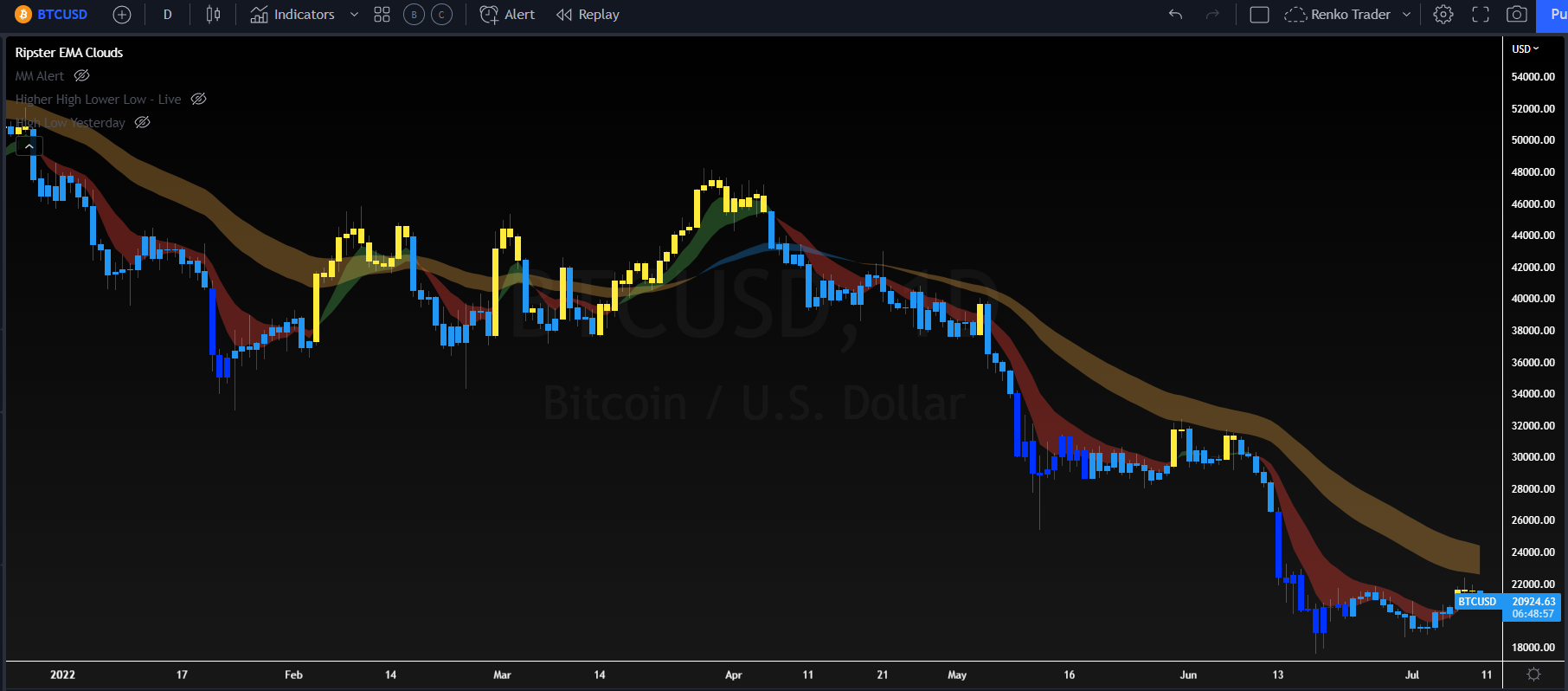The world of options trading can be exciting, but it can also be daunting, especially when it comes to expiration day. This day marks the end of the life of an options contract, and it can have a significant impact on your trading strategy.

Image: tradewithmarketmoves.com
In this article, we’ll take a deep dive into options trading expiration day, exploring what it means, its implications, and how you can strategize for it. We’ll cover everything from the different types of expiration strategies to the potential risks and rewards involved.
Understanding Options Trading Expiration
When you buy an options contract, you are essentially buying the right to buy (for a call option) or sell (for a put option) a certain number of shares of a particular stock at a specified price, known as the strike price, on or before a specific date. This date is known as the expiration date.
On expiration day, the options contract expires, and you have three main options: exercise the option, sell it before expiration, or let it expire worthless. The course of action you take will depend on the performance of the underlying stock and your trading strategy.
Expiration Strategies
There are a variety of strategies you can employ when dealing with options trading expiration day. Some of the most common include:
- Buy to Close: This involves buying back the same number of options contracts that you originally sold to close out your position. This strategy is used when you want to lock in your profits or limit your losses.
- Sell to Close: Similar to buy to close, here you sell the same number of options contracts you originally bought to close out your position.
- Exercise: If you hold a call option that is in the money at expiration, you can exercise it to purchase the underlying shares at the strike price. For put options, you can exercise to sell the shares at the strike price.
- Let Expire: If your options contract is not in the money or you don’t want to take further action, you can simply let it expire worthless.
Tips from the Experts
Here are a few expert tips to help you navigate options trading expiration day:
- Understand the Risks: Options trading can be a risky endeavor, especially if you don’t fully understand the risks involved. Make sure you research and consult with a financial professional before entering into any trades.
- Set Realistic Goals: Don’t expect to make a lot of money overnight. Trading options requires time, patience, and a consistent strategy.
- Manage Your Risk: One of the most important aspects of successful trading is risk management. This means setting stop-loss orders and position-sizing appropriately.
- Don’t Be Greedy: It’s tempting to hold onto options contracts in the hope of making even more money, but it’s important to remember that greed can lead to losses.

Image: openbooklet.com
Options Trading Expiration Day
FAQ on Options Trading Expiration Day
Q: What happens if I don’t exercise my options before expiration?
A: If you don’t exercise your options by the expiration date, the contract will expire worthless, and you will lose the premium you paid for it.
Q: Can I exercise my options before expiration?
A: Yes, you can exercise your options at any time before expiration. However, you may have to pay a higher premium.






